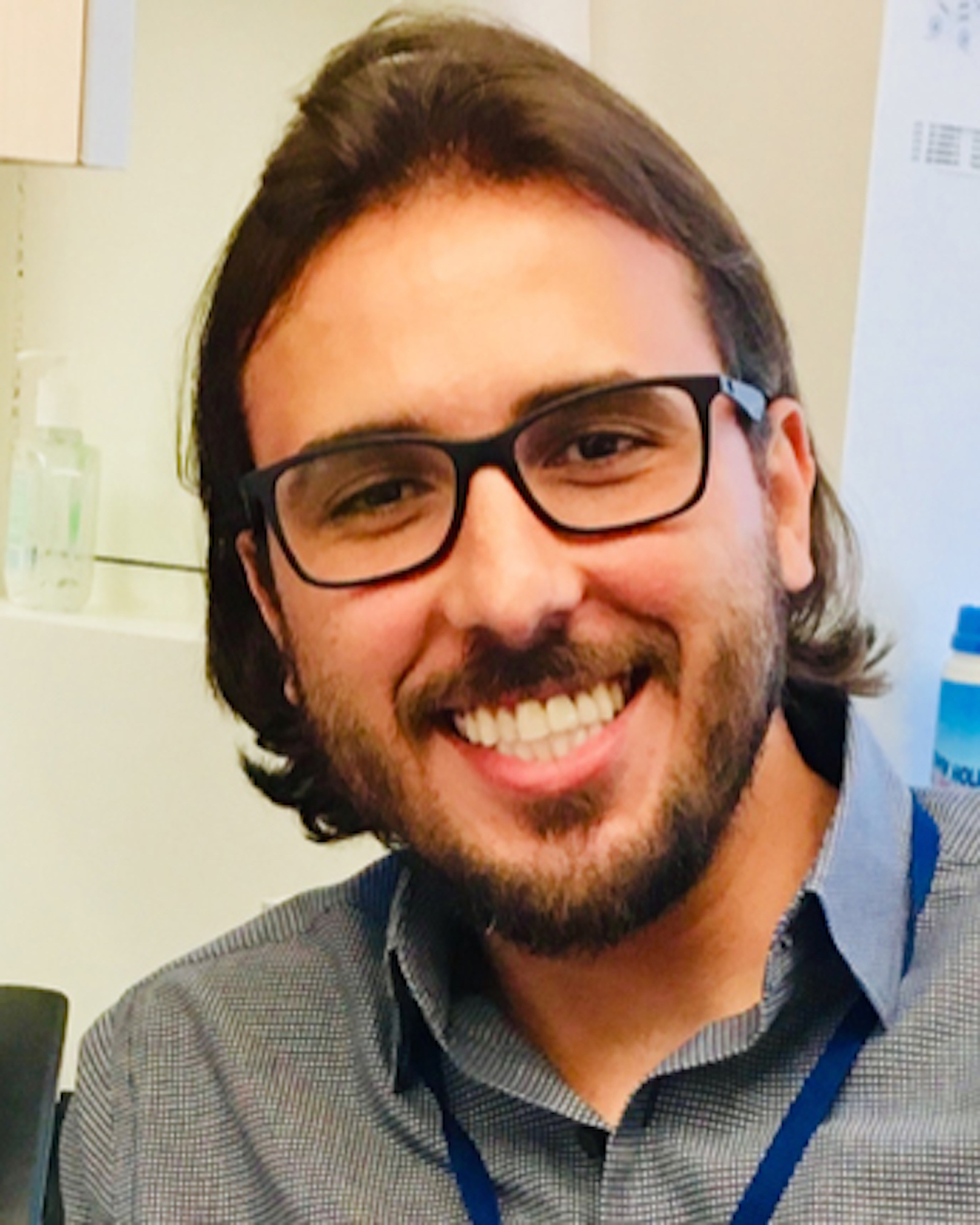The lung has been one of the organs most impacted by the immunodeficiency driven by the infection with
HIV. People living with HIV (PLWH) in the era of antiretroviral therapies exhibit increased rates of airway
diseases such as Type 2 allergic asthma. However, the interaction between Type 2 allergic responses and
HIV infection is often overlooked in immunological and co-morbidity studies. This innovative research
project aims to investigate the complex interplay between HIV infection and allergic asthma, addressing a
critical gap in our understanding of pulmonary co-morbidities in people living with HIV. The study leverages
a novel dual-approach murine model that combines expertise in both HIV pathogenesis and asthma-
associated allergic inflammation to investigate the immunological underpinnings of allergy-driven lung
inflammation in EcoHIV-infected mice, as well as to examine the impact of antiretroviral treatment on
allergy-driven lung inflammation in EcoHIV-infected mice. This study will utilize a standardized mouse
model of House Dust Mite (HDM)-induced pulmonary Type 2 allergic inflammation, combined with EcoHIV
infection. Key methodologies include intranasal HDM sensitization and challenge, EcoHIV infection,
antiretroviral therapy administration, immunophenotypic, immunopathological and functional assessments
of lung tissue, flow cytometry for cellular characterization, cytokine/chemokine profiling, airway resistance
measurements, and histological analysis. This research is expected to provide the first mechanistic
evidence of HIV's impact on HDM-induced pulmonary Type 2 inflammation and reveal novel immune
regulatory mechanisms arising from this interaction. The findings will address critical knowledge gaps
regarding the interactions between HIV-related immune dysregulation and allergic asthma, potentially
leading to new strategies for preventing and treating pulmonary complications in PLWH.
Project Summary provided by investigator.


